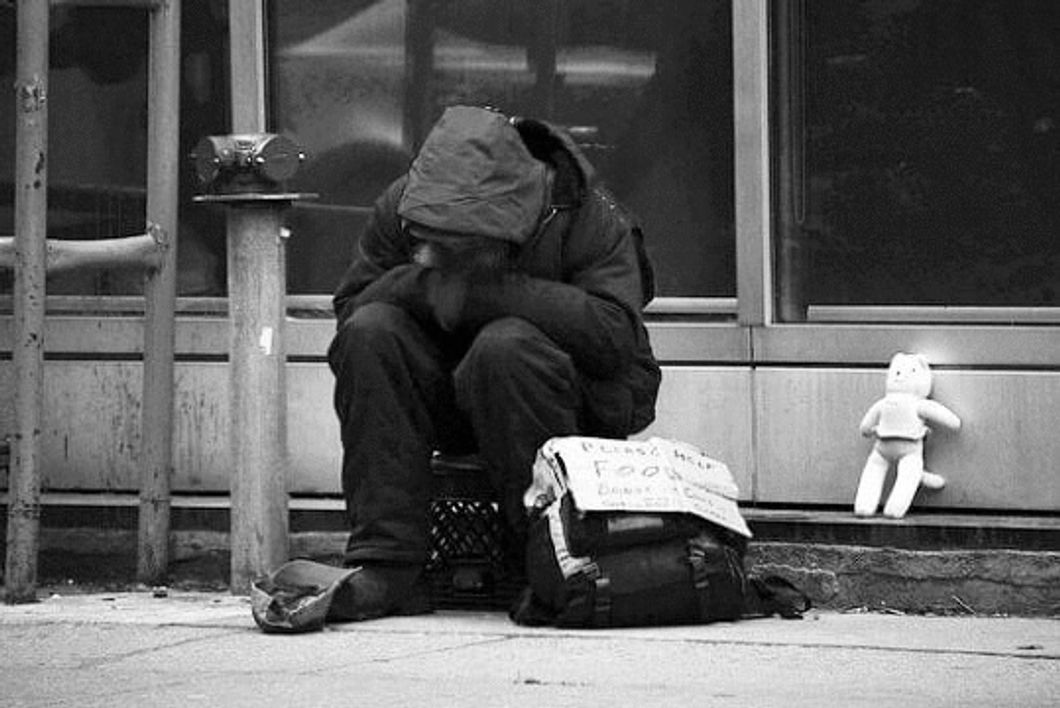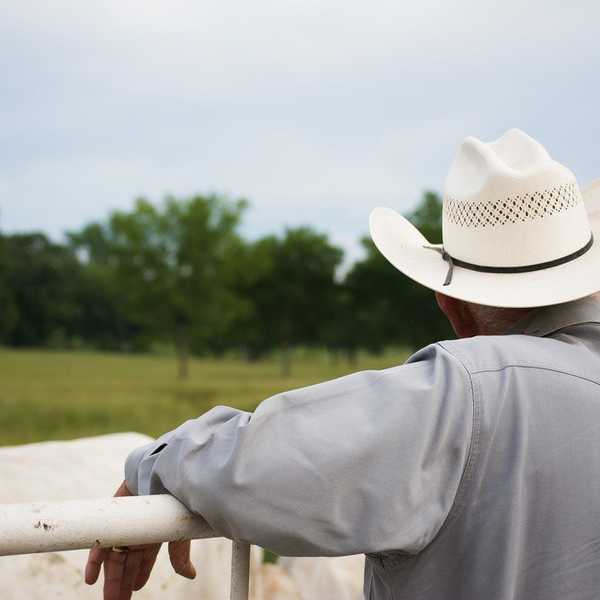America, arguably the world's most litigious nation, has an innumerable amount of laws.
Some prohibit unarguably wrong acts, like murder, while others, such as the North Carolina law making it illegal to sing off-key, seem completely arbitrary and without moral grounding. Regardless of the act prohibited or the origin of the law, all violations carry with them some sort of punishment.
For low-level offenses, such as traffic violations or misdemeanors, this punishment is almost always found in the form of a fine. This premise allows courts to remain unclogged, jails to remain under capacity, and citizens to live without fear of prison time for speeding. Unfortunately, courts are more clogged than ever and jails are overcrowded, and while drivers will not be thrown prison for speeding, they will almost certainly be issued a fine.
This system is inherently inequitable as it creates a much stronger burden on an impoverished person than a wealthy person.
If a wealthy individual is issued a citation with a fine, they most likely have the means to pay, or even to hire a lawyer to fight the charges. The fine adjusted, either standardized in the law or relative to the severity of the violation, will likely not be a significant portion of that individual's wealth.
On the other hand, if a person living in poverty is issued a citation with a fine, they will most likely not have the means to pay. This results in additional fines, potential wage garnishments, and in most states, a person's license can even be revoked indefinitely for failure to pay fines or court costs.
Once someone's license has been revoked, they may lose their jobs since they have no transportation, they may have difficulty finding housing, and they will have to pay for their license to be reinstated in addition to the amount of the fine.
This setup exists to generate theoretically limitless revenues for municipalities and states with little input cost and to keep impoverished people at the bottom. The inherent inequality in the legal system is exacerbated by standardized fines and punishments that do not consider a person's socioeconomic position.
People can be caught in a vicious cycle of fines on top of fines for failure to pay fines, with a revoked license preventing them from working to earn the money to pay the fines, rinse and repeat. To ensure equity, fines should be adjusted relative to a person's income, with revocation of a person's license never being a recourse for failure to pay, otherwise, this cycle will continue forever.



















